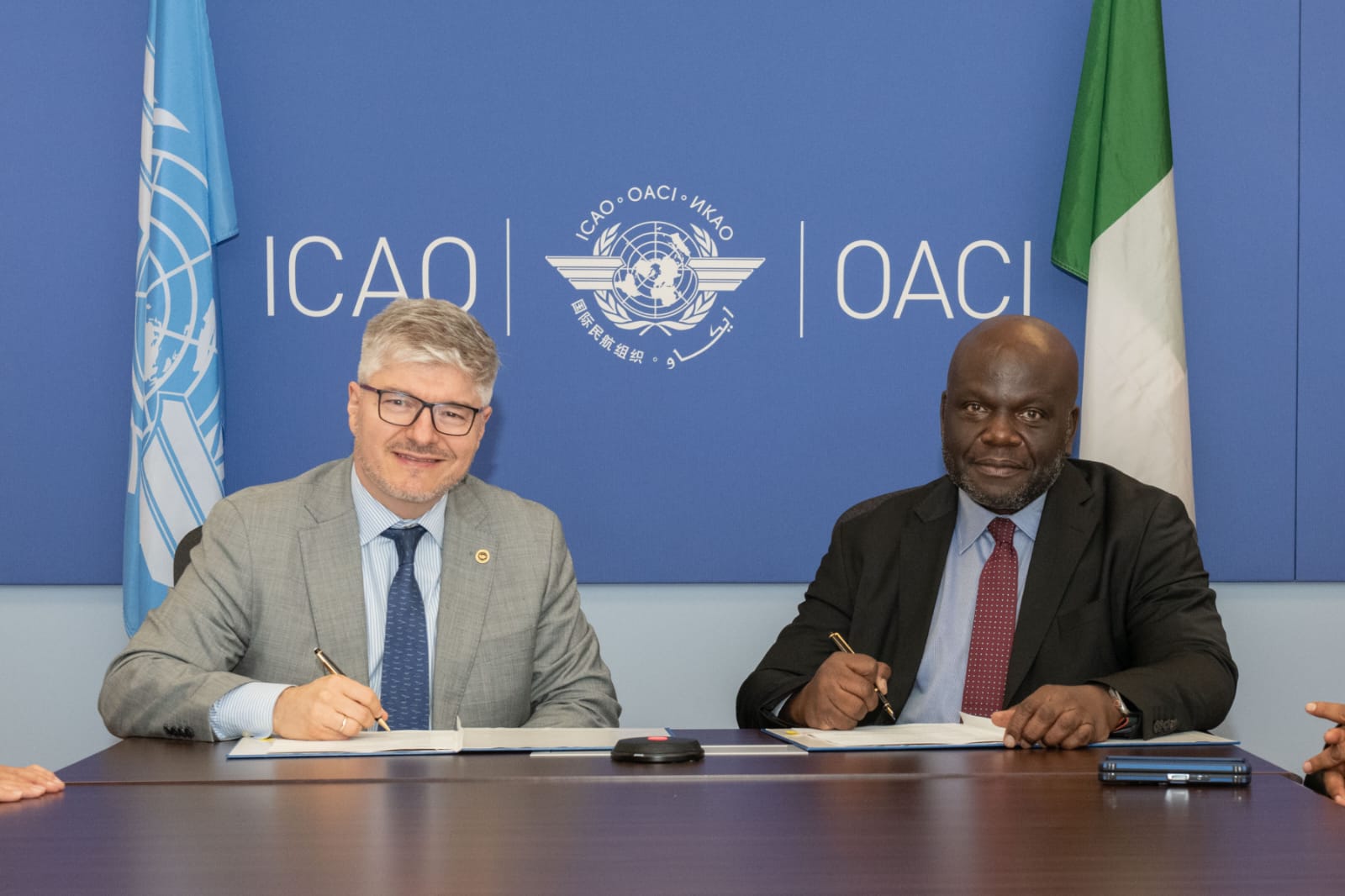Travel agencies in Nigeria are facing mounting pressure following the Central Bank of Nigeria’s (CBN) policy limiting daily dollar withdrawals and transfers to $10,000. The restriction, initially introduced in 2023, is now undermining the ability of local travel agents to remit funds from ticket sales to international airlines, a development that could trigger serious disruptions in the aviation sector.
The challenge is compounded by the decision of several major foreign airlines—Emirates, Delta Airlines, and United Airlines;to insist on collecting ticket payments exclusively in dollars. This demand has placed immense financial strain on travel agents, who must remit these funds through the United Bank for Africa (UBA), the bank designated by the International Air Transport Association (IATA) for fund repatriation from Nigeria.
The move by airlines to bypass the naira is not new. During the COVID-19 pandemic, many carriers halted sales in naira after struggling to repatriate over $744 million trapped in Nigeria due to dollar scarcity. Although the federal government eventually cleared the backlog, the trend of airlines demanding dollar payments has persisted. Critics argue that this undermines Nigeria’s monetary sovereignty and places an undue burden on citizens and travel businesses.
While Nigeria’s Bilateral Air Service Agreements (BASAs) reportedly permit certain airlines to transact in foreign currency, the effect on the local travel industry has been severe. Agencies are unable to meet IATA’s payment deadlines, with fears growing that defaults could lead to blacklisting and shutdowns of Nigerian ticketing operations.
A former president of the National Association of Nigeria Travel Agencies (NANTA) lamented that selling tickets in dollars is creating operational chaos. She explained that a single business class ticket could cost up to $10,000. With CBN’s daily transfer cap, a travel agency handling five such tickets must wait ten days to remit $100,000, exposing them to IATA sanctions for delayed payments.
She argued that since the trapped fund crisis has been resolved, airlines should return to accepting naira payments. “There are no more airline funds trapped here in Nigeria. So why don’t they just resume the collection of the naira?” she questioned, expressing frustration that airlines had imposed this situation on agents by refusing to accept local currency.
Backing her concerns, the Group Managing Director of Finchglow Holdings said the government had failed to stand firm, allowing foreign airlines to enforce dollar payments without considering local implications. He warned that if travel agents cannot remit funds promptly, they risk being flagged by IATA, which could cripple their operations.
According to him, “If I sell tickets worth $250,000 and I can only remit $10,000 a day, I will default within 15 days. That means IATA can blacklist me, even though the money is not mine—it’s for the airlines.”
The National Association of Nigeria Travel Agencies had earlier urged the Nigeria Civil Aviation Authority to stop the practice of dollar-denominated ticketing, but no action was taken. Now, as enforcement of CBN’s dollar limits tightens, more agents could fall into default.
NANTA President Yinka Folami confirmed that discussions are underway with the government to address the crisis. He acknowledged the implications on the economy, trade, and the survival of travel businesses, expressing hope that a solution would soon be reached.
Until then, travel agents remain caught in a web of policy contradictions, battling to operate in a system that forces them to handle large dollar volumes without the capacity to remit them swiftly—jeopardizing their businesses and the broader travel ecosystem.










